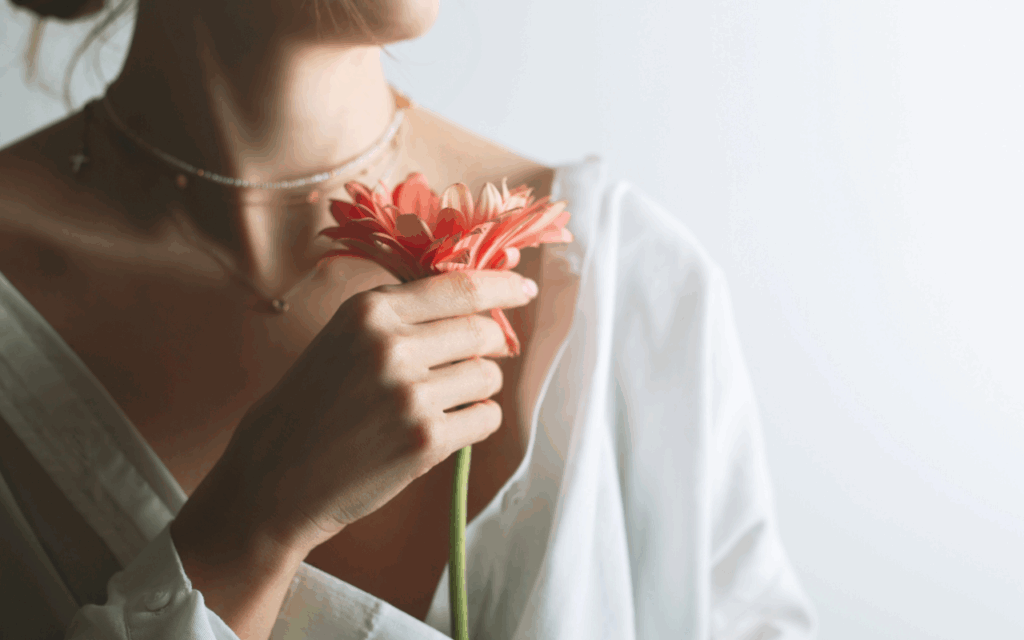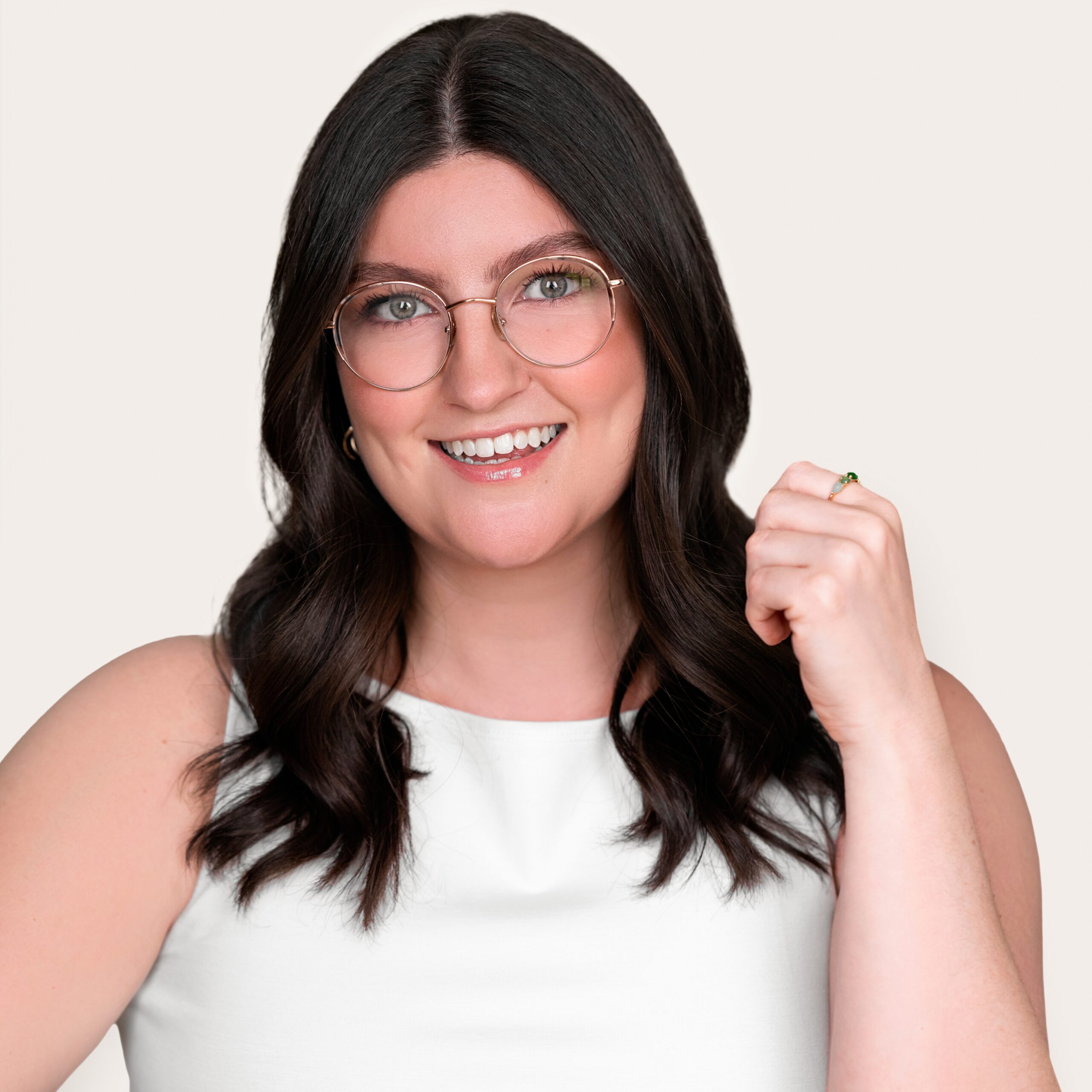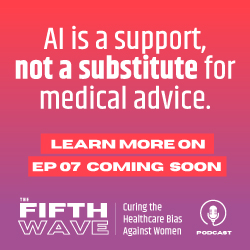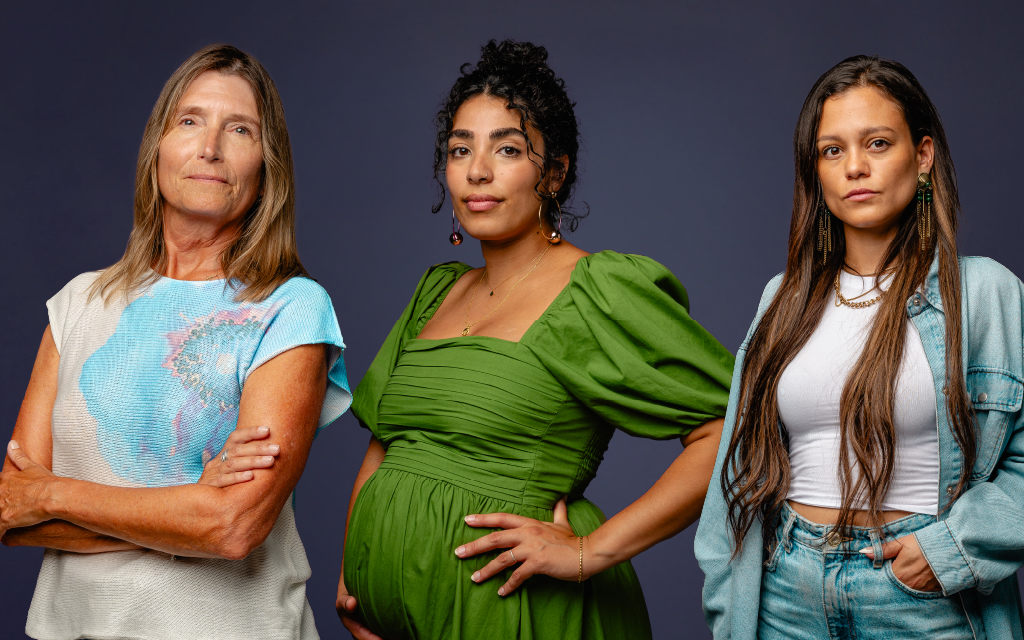
I’ve had a realization: in just six months, I’ll be turning 30 – and yet my own body still feels like a mystery.
And not the fun, “whodunit” kind of mystery, you know, the ones you binge-watch on a Sunday, but the kind that often leaves me wondering, what the hell is going on in there?
But I’m not alone in that thinking – and maybe that’s the bigger problem.
I read a statistic recently from the Shoppers Foundation for Women’s Health that stuck out to me: about 75 per cent of women admit to downplaying their health concerns because they don’t think their symptoms are serious enough to seek medical attention. Let that sink in.
Three out of four women aren’t going to the doctor because they don’t trust their intuition about their bodies.
Now, why might that be?
It could be because we lack the tools, education, or guidance to understand what’s happening inside us.
And when I say that, I’m not talking about the chemistry of neurons or how exactly your liver filters toxins (although I don’t know much about that either!)
The issue is deeper: women aren’t taught about our reproductive systems, or given enough information to make informed decisions about our health. From school sex-ed that barely scratches the surface to a medical system that often dismisses women’s concerns, most of us are left piecing together answers on our own.
The age of misinformation
That survey also highlighted a clear knowledge gap when it comes to women’s reproductive health: despite recognizing common symptoms like hot flashes or irregular periods, almost one-third of women struggle to distinguish between what’s normal and what’s serious.
And, most of my friends are in the same boat, myself included. We’re Googling symptoms at midnight, swapping stories in group chats, hoping someone else has an answer. We’re trying to fill in gaps that should never have existed in the first place. But women’s health has never been prioritized – in classrooms, in research labs, or even in the doctor’s office.
We also live in an era of endless information, but most of it is incomplete, contradictory, or just plain wrong. Instagram threads, TikTok explainers, wellness blogs, and viral headlines bombard us with advice: Should you take the birth control pill? What about an IUD? Is your cortisol too high? How long should your period last? And when does your luteal phase start?
How are we supposed to know what’s real?
Some days, it feels empowering to take our health into our own hands. Other days it’s exhausting, frustrating, and a little scary. The truth is, the more you learn, the more you realize how much you didn’t know, and sometimes that feels even worse.
I mean, I’ve been in this body for three decades – shouldn’t I know this by now?
Being your own advocate
And the stakes here aren’t small. Misunderstanding our bodies can mean ignoring warning signs until it’s too late, mismanaging conditions like PCOS or endometriosis, or feeling shame and guilt for normal experiences.
Eighty-one per cent of women say they know someone whose condition could have been diagnosed and treated earlier with a better understanding of their own symptoms. Yet, because they assumed their symptoms were “just part of being a woman,” they faced real consequences – physically, emotionally, and mentally.
We’re expected to manage careers, relationships, and daily life, all while keeping up with a constant stream of conflicting health advice. We’re expected to know how to eat, exercise, and track our cycles – and do it perfectly – without anyone providing clear, trustworthy guidance.
For me, this pressure feels especially urgent as I approach 30. I’m thinking about the possibility of starting a family someday (or maybe I won’t!), and the truth is, I have no clear idea what either decision will mean for my body, my hormones, or my health.
I don’t have all the answers, and I’m learning to accept that I probably never will. I won’t always know exactly what’s “normal” for my body, and I’ll make mistakes along the way. But I’m also acknowledging that that uncertainty doesn’t always have to feel so defeating; it could be motivating.
It’s a reminder to ask questions, seek guidance when I need it, and trust my own experiences when something feels wrong. And maybe that’s the first step toward reclaiming the confidence, trust, and control that should have been ours all along.







